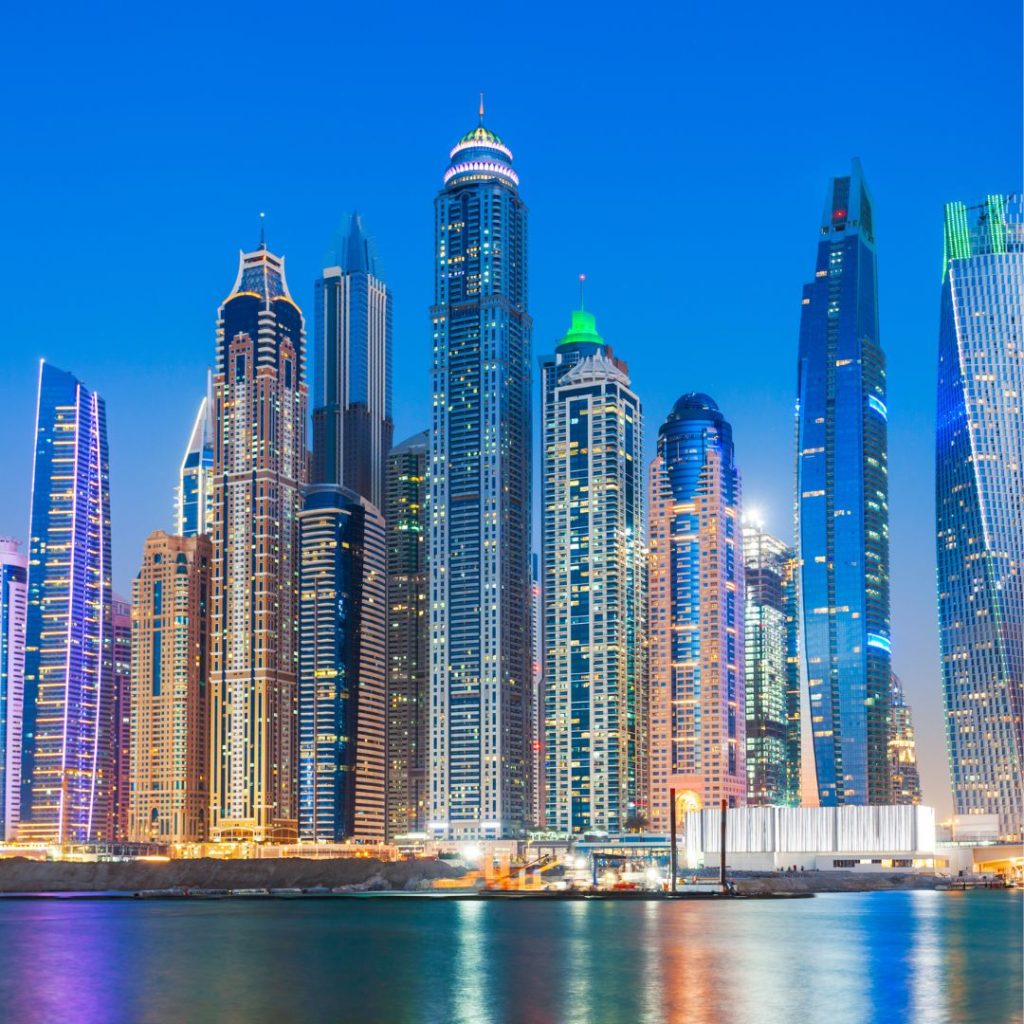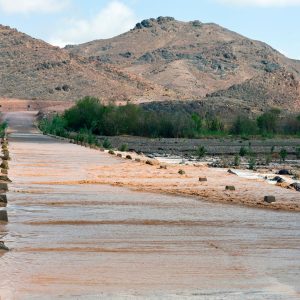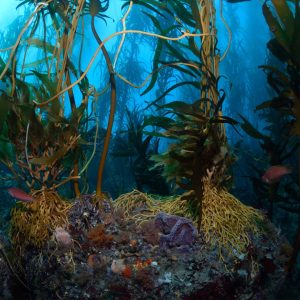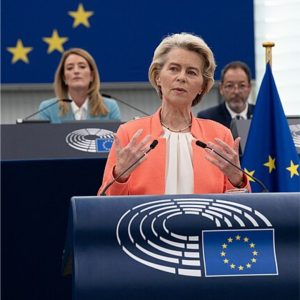11 days to go until the World Climate Conference in Dubai

The countdown is on. But is the upcoming world climate summit, also known as COP 28, even worth the international attention? After all, the "gardener has been made into a goat" by electing an oil-producing country that has announced its intention to increase production in the coming years to chair this year's world climate conference.
This led to a lot of international criticism after the announcement, as we have already reported. This year has given us all a foretaste of future climate developments. October, for example, was the hottest October ever recorded. Weeks of summer heat, extreme drought and crop failures, then devastating floods, uncontrollable forest fires, violent storms - the year was full of weather extremes caused by climate change. And the Paris 1.5 degree target seems to be moving into the unattainable distance. If we do not massively increase the speed and scope of our efforts to reduce greenhouse gases, we are facing a warming of roughly 2.6 degrees by the end of the century, according to the latest IPCC report from spring 2023.
But what does COP 28 want to achieve?
A new report by the UN Climate Change Commission (14.11.2023) concludes that national climate protection plans are still not sufficient to limit the global temperature rise to 1.5 degrees Celsius and achieve the goals of the Paris Agreement.
"Today's report shows that governments are only taking small steps to avert the climate crisis. And it shows why governments must take bold steps forward at COP28 in Dubai to get on the right track," said the Executive Secretary of the UN Climate Change Secretariat, Simon Stiell, in a press release. "This means that COP28 must be a clear turning point. Governments must not only agree on stronger climate action, but also show how they will implement it."
"Every fraction of a degree is important, but we have lost our way badly. COP28 is our time to change that," said Stiell. "It's time to show the huge benefits of bolder climate action: more jobs, higher wages, economic growth, opportunity and stability, less pollution and better health."
For the first time - the Global Stocktake
This year, for the first time, the global stocktake of the Paris Climate Agreement is on the agenda of the 198 member states. The participants will take stock together and assess the achievement of the goals. This stocktake will take place every five years from now on.
First participation of a pope
What is also new is that the current Pope will be attending a climate conference for the first time and will give a speech on December 2. "The presence of Pope Francis will - we hope - strengthen the climate of dialog and cooperation between states," said Vatican expert Martina Giacomel in Vatican News. She added: "The financial implications part is probably the most difficult in the debate on the energy transition and the fight against global warming.
Fund for losses and damage due to global warming
A much-discussed topic at the preliminary negotiations for COP 28 was the implementation of last year's COP 27 decision to create a fund for loss and damage due to global warming. In preliminary negotiations in Abu Dhabi in November, it was decided that this fund would be managed by the World Bank for the next four years, as the industrialized countries wanted. The developing countries were against this solution. Lien Vandamme from the US think tank Center for International Environmental Law fears that it will not last just four years: "The so-called interim agreement with the World Bank runs the risk of becoming a permanent solution."
Who will contribute how much was left open during the preliminary negotiations. The industrialized countries are "requested" to make money available to the fund and developing countries are "encouraged" to do the same. The question of which countries are to be supported by this fund also remained open.
"If the COP in Dubai adopts this proposal, the fund can begin its work in the short term and provide initial financial support to countries particularly affected by climate change," said Jochen Flasbarth, the responsible State Secretary at the German Federal Ministry for Economic Cooperation and Development. What has also changed as a result of this preliminary agreement is the status of China, the world's largest greenhouse gas emitter. While it was previously considered a developing country, China is now clearly one of the recipients of payments into the fund, according to the Federal Ministry for Economic Cooperation and Development. However, all payments are to be voluntary.
Annual payment of 100 billion US dollars
Back in 2009, the industrialized nations pledged to support developing countries with 100 billion US dollars a year until 2025. What happens after that must be decided by next year at the latest. "Because the Global South cannot bear the costs of this transformation alone. Although the funding for this has recently increased significantly and now stands at 83 billion US dollars a year, the original target has not yet been reached. Adaptation projects - which are particularly important for poorer countries - are also still lagging behind mitigation projects. That is why the focus in Dubai will once again be on climate finance, especially adaptation finance," writes akzente.
The UN Environment Program (UNEP) recently published that developing countries lack between 182 and 345 billion euros per year to adapt to climate change. The financial needs of developing countries are now 10-18 times greater than international public financial flows and will have a very negative impact if there are further losses and damage due to climate change
The EU position for the world climate summit
In mid-October, the EU set out its position for the upcoming summit. It sees itself in the role of "champion of climate protection policy" and wants to "be at the forefront of the negotiations" said Teresa Ribera Rodríguez, Spain's current third deputy prime minister.
The EU's key positions are as follows:
- More ambitious global targets for climate neutrality: national targets need to be revised and made more ambitious
- Phasing out fossil fuels: the energy sector must be "predominantly free of fossil fuels well before 2050"
- Expansion of renewable energy capacities: Global measures are needed to triple the installed capacity of renewable energies to 11 terawatts and to double the rate of increase in energy efficiency by 2030 - in close cooperation with developing countries
- Greater efforts for climate protection and adaptation to climate change
- Climate finance to address loss and damage: "Ministers call on all countries to step up their efforts to mobilize finance from all sources to support climate action," the statement says.
What does the decision-making process look like for COPs?
All decisions must be taken unanimously. Each contracting state has one vote. This means that a country can bring the negotiations to a standstill at any time by means of a veto. The unanimity principle is considered a serious flaw in the system. It is a "birth defect of these UN climate summits", said climate researcher Stefan Rahmstorf last year in an interview with "Tagesschau". "As a result, there is inevitably only ever a minimum consensus." After all, the Paris Agreement was reached.
Our pro.earth.conclusion: There is hope that the world's leaders will finally recognize the importance of timely action and - finally - tackle it. But we remain skeptical about the output of this - next - climate conference. It has now been 8 years since Paris. And far too little has been done.
True to our motto: #handelnstatreden






